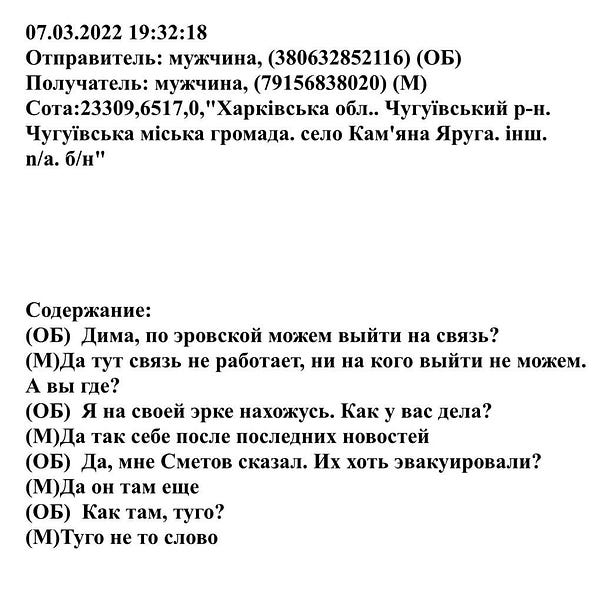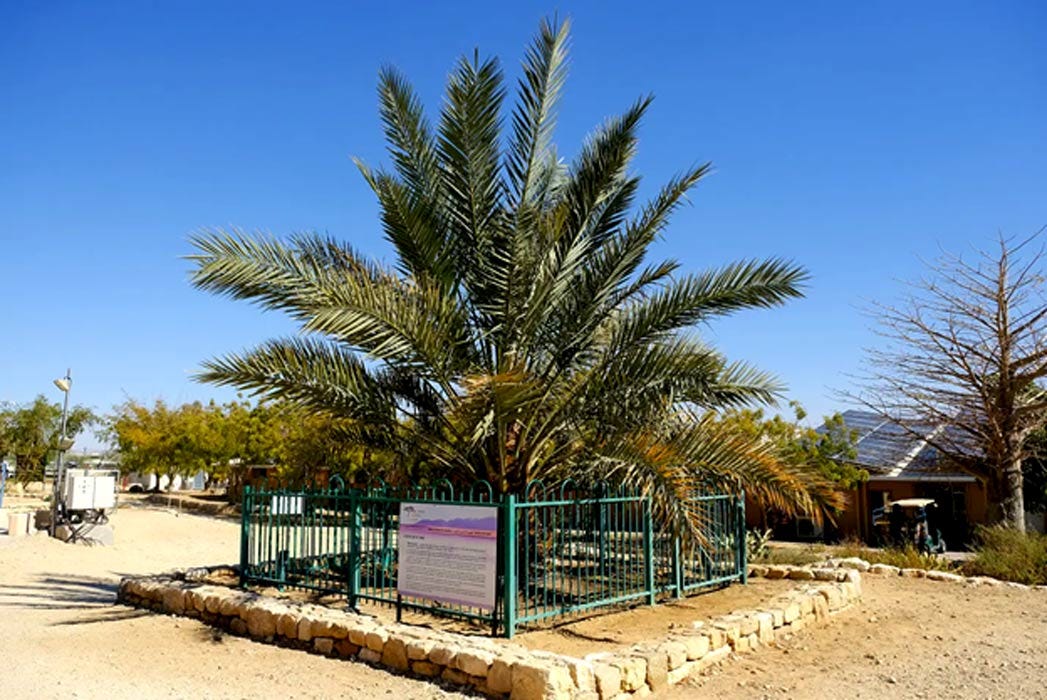Yesterday morning's update: the war widens
What does it mean that Russia is recruiting Syrians to fight?
Claire—This is yesterday morning’s update. As I was working on it, my computer suddenly developed some kind of electric fault and died before my eyes. I’ve been rushing about like a headless epileptic chicken since 8:00 am yesterday trying to get it fixed. I did not succeed. I’m sending this to you from my new computer. So this is a day late, for which I apologize—but there’s still stuff worth reading in it. We’ll be up and running as usual by tomorrow morning.
In the magazine, Joshua Treviño writes:
The Wall Street Journal report that the Russians are recruiting Syrians to fight in Ukraine provides more questions than answers. It isn’t news that the Russians have sought non-Russian cover for their war, but what we know suggests that the efforts have been mostly unsuccessful. Belarus, despite providing territory for invasion staging and the occasional ballistic-missile attack, has thus far refused to contribute significant forces. We are reasonably sure that Kazakhstan refused a Russian request to send troops, which no doubt struck the Kremlin as ingratitude. We also know that, though technically not international, the Chechen satrapy within the Russian Federation has contributed its own distinct fighting units to Russia’s war. Recruiting in Syria, presumably with Syrian-regime acquiescence, therefore breaks no new ground.
The question is why Syria and Syrians, and here the answers given don’t quite add up. …
Read the rest …
Also, in case you missed it yesterday, we’ve also got PART III of WAR 101: PROS TALK LOGISTICS.
New readers may also find it interesting to read some of our older essays. I’ve been thinking, for obvious reasons, about these:
NUCLEAR ROULETTE. We have come close to nuclear annihilation many times. We have fixed nothing: There is no reason to think the risk is eradicated.
THE APOCALYPTIC MAGISTERIUM. When we think about catastrophic risk, we are prone to grave cognitive mishaps.
News and notes
I love it that The New York Times decided to get a quote from a psychologist in Kyiv and got this one.
(Oddly, this became the most viral tweet in the history of my Twitter career.)
The Russian military is really staggering. Last night in Kharkiv, Ukraine killed Gen. Maj. Vitaly Gerassimov, chief of staff of the 41 Army—the general who was in charge of the Crimea invasion. (Not Gen. Valery Gerassimov of Gerassimov Doctrine renown.)


Ukraine has taken so much Russian armor that Russia must by now be its biggest weapons supplier:
If we go by the Ukrainian Defense Ministry’s numbers—and I’m aware of all the reasons to doubt them, but they’re the only ones that might be credible—they’re killing a thousand Russian soldiers every day. This would mean some 12,000 Russians may have been killed by now, almost as many KIA as the USSR lost in Afghanistan over nine years.
As Russia’s Military Stumbles, Its Adversaries Take Note.
Vladislav Davidzon is on his way back to Odessa. We’re worried about him.





That is what we said about Aleppo, too.
A deeply sad essay by Ben Judah: The Russia we have lost.
… What is Russia’s future? I must have asked everyone, every EU think-tanker, every sallow faced-Western diplomat I met in Moscow the same question. Like it was the only one that mattered. The answers came in a hundred and one theories, not one of them, it pains me to say, as mad and dark and pornographic as where we are now in Ukraine. I was swamped with academic gibberish such as “competitive authoritarianism” or “mimetic institutions.” They didn’t say that Napoleon is always with us, that in every generation, there’s a leader who has grabbed such control over his society, whose mind is so set on glory, he has to invade somewhere. Like it’s a role coded into the human species in some way we’ll never understand.
Instead, I was told Russia was a “BRIC” or a “normal middle income country” and now all I see is the absolute intellectual poverty of looking at things only in data sets. We should have listened to the one thing—in that language of Fyodor Dostoevsky—that Russian culture has always revered as holding that gift of vision. That is to the prophetic power of art.
Asia
China’s wheat harvest “worst in history,” says agriculture minister. I found this item in the “global leading drinks trade publication.” It should be headlines everywhere. With the interruption of supply from Ukraine and Russia, it seems to me this must mean that many people won’t be able to feed themselves this year—Claire.
China was woefully unprepared for the Russia-Ukraine War. “The fact that Beijing was caught off guard hints at the fragility of its partnership with Russia.”
I missed this at the time; it’s from February—but it’s interesting: A Chinese news outlet accidentally leaked its own censorship instructions on Russia-Ukraine coverage. “Simply put, China has to back Russia up with emotional and moral support while refraining from treading on the toes of the United States and European Union,” Ming Jinwei, a senior editor at the Xinhua News Agency, wrote in a WeChat blog.
Taiwan firing up its missile production capacity.
Ukraine could tilt Pakistan into financial crisis. It could tilt many countries into financial crisis—and many are worried about starvation—but Pakistan is particularly worrying, for obvious reasons—Claire.
Middle East
Turkey reports annual inflation of 54.4 percent, highest in two decades.
Ukraine crisis undermines Turkey’s economic program. “Ankara’s economic program has hit a deadlock under the impact of Russia’s invasion of Ukraine, marked by a stream of fuel hikes, canceled tourism bookings and textile orders, and shortage fears in the food sector.”
Iran, IAEA hold talks as nuclear negotiations near finish line …
Iran’s chief negotiator unexpectedly leaves Vienna as nuclear talks hit standstill.
Global
IMF warns of dire consequences from Ukraine war:
The war in Ukraine is resulting in tragic loss of life and human suffering, as well as causing massive damage to Ukraine’s physical infrastructure. It has sent a wave of more than 1 million refugees to neighboring countries. Unprecedented sanctions have been announced on Russia.
While the situation remains highly fluid and the outlook is subject to extraordinary uncertainty, the economic consequences are already very serious. Energy and commodity prices—including wheat and other grains—have surged, adding to inflationary pressures from supply chain disruptions and the rebound from the Covid19 pandemic. Price shocks will have an impact worldwide, especially on poor households for whom food and fuel are a higher proportion of expenses. Should the conflict escalate, the economic damage would be all the more devastating. The sanctions on Russia will also have a substantial impact on the global economy and financial markets, with significant spillovers to other countries.
In many countries, the crisis is creating an adverse shock to both inflation and activity, amid already elevated price pressures. Monetary authorities will need to carefully monitor the pass-through of rising international prices to domestic inflation, to calibrate appropriate responses. Fiscal policy will need to support the most vulnerable households, to help offset rising living costs. This crisis will create complex policy tradeoffs, further complicating the policy landscape as the world economy recovers from the pandemic crisis.
In Ukraine, in addition to the human toll, the economic damage is already substantial. Sea ports and airports are closed and have been damaged, and many roads and bridges have been damaged or destroyed. While it is very difficult to assess financing needs precisely at this stage, it is already clear that Ukraine will face significant recovery and reconstruction costs. …
A small bit of moving news
Archaeologists unearthed a small stockpile of seeds stowed 2,000 years ago in a clay jar. Astonishingly, when they planted them, they sprouted. Behold the once-extinct Judean date palm—a symbol of good fortune. Its name is Methuselah. Adam, Jonah, Uriel, Boaz, Judith, and Hannah are also flourishing. They have even harvested the fruit.







